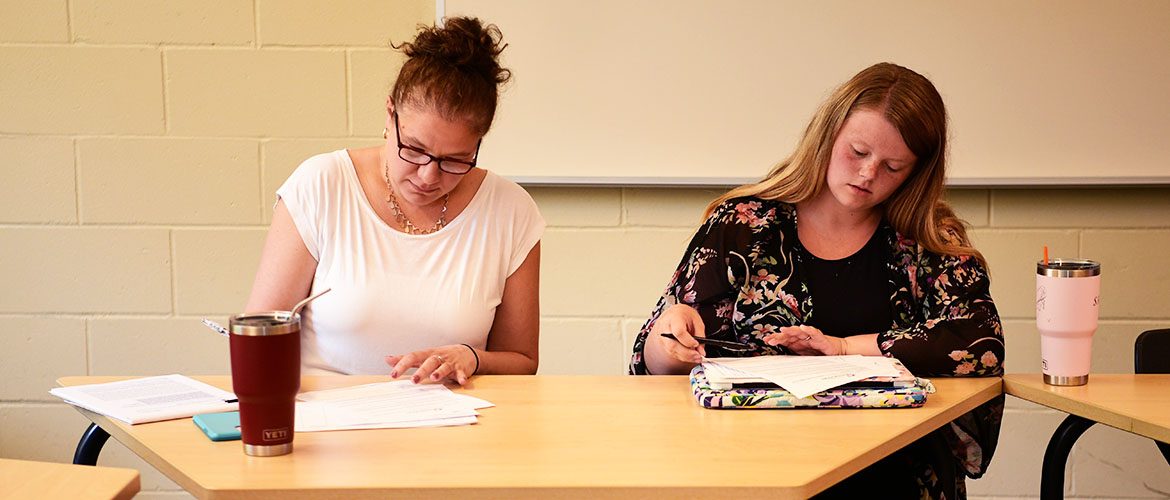Flexibility
- Complete as a standalone certificate program
- Complete as part of one of our master’s programs
What will you study?
-
- Distinguishing between academic and business communication
- Writing for multiple audiences
- Navigating various genres and modalities (e.g. proposals, reports, letters, writing for the internet)
- Copyediting documents
- Locating funding opportunities and writing grant proposals
- Achieving effective document design and creating persuasive, informative visuals/graphics
- Writing for the internet (including podcasts, YouTube videos, and social media)
Join Program Request More Information Request a Meeting
This program requires the following 4 courses
This course provides students with an overview of business communication, a variety of genres and modalities found in the workplace, effective document design, and the internal and external audiences people address in communication outside of academia. The course covers the seven C’s mentioned on the first page of this “intent to plan” document, as well as instruction in grammar and rhetorical strategies. Students in this course will have an opportunity to refine their job materials and create a dossier of professional documents relevant to their careers.
This course delves into professional content meant to be shared on the internet. Students in this course will identify professional writing as writing for the public, including local and global clients and general audiences. Students will analyze, create, and maintain professional websites and social media accounts, as well as create outward facing video and audio content as a part of their coursework.
This course focuses on document design and the visual aspects of professional communication. Students will analyze and create graphics, such as charts, tables, photographs, drawings, video content, and more. Students will also keep a digital dossier showcasing their work.
This course focuses on identifying funding opportunities and writing grant proposals. Students will search for grants in their area of interest and practice writing to smaller, local granting agencies and larger, national or international funders. Students will learn how to compose persuasive proposals supported by research, draw on the classical rhetorical appeals (ethos, pathos, and logos), and employ the AIDA approach (securing the audience’s attention, generating interest, creating desire to act, and bringing about action).
Contact Us
Division of Graduate & Continuing Education
University of Maine at Farmington
Theo Kalikow Education Center
186 High Street
Farmington, Maine 04938
tel 207-778-7502
fax 207-778-8134
TYY (via Maine Relay Service) dial 711
gradstudies@maine.edu
Mailing address:
Division of Graduate & Continuing Education
University of Maine at Farmington
111 South Street
Farmington, Maine 04938


